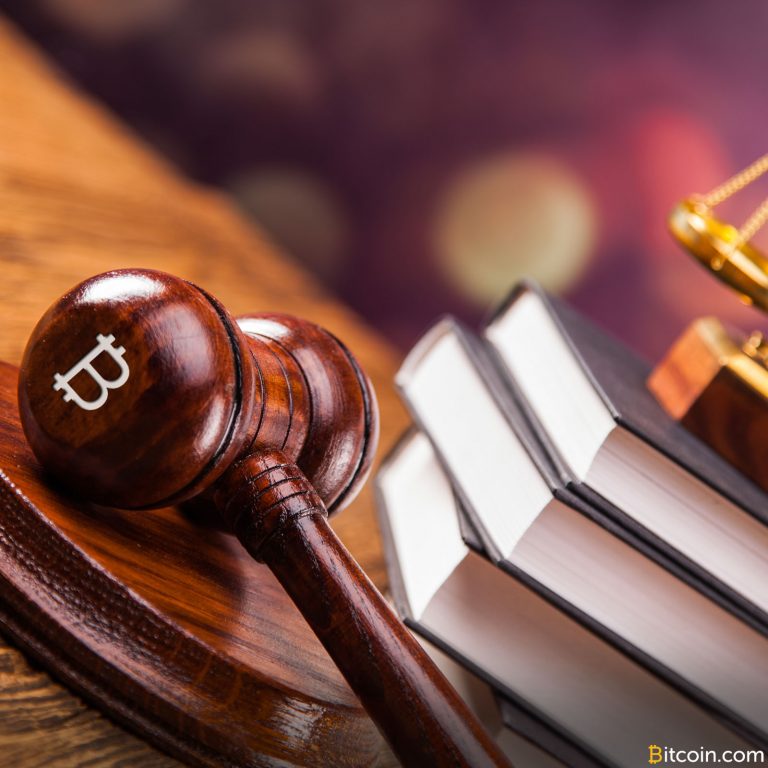
The Satoshi Revolution: A Revolution of Rising Expectations
Section 3: Decentralization
Chapter 8, Part 1.
Crypto: Civil Law Versus Common Law
- “World’s Second Most Valuable Cryptocurrency Under Regulatory Scrutiny.”
- “Bitcoin CRACKDOWN: IMF chief Christine Lagarde calls for cryptocurrency regulation.”
- “France announces Bitcoin regulations amid cryptocurrency ‘bloodbath’.”
2018 is the year in which cryptocurrency will be regulated. The questions are by whom and how? The two traditional answers have been civil law or common law. But there is a third alternative. Namely, preventive self-regulation, which can also be called simple decency. This is not a matter of law enforcement but of personal responsibility for your own behavior. It means being the adult in a room of children who are acting out.
Regulation is coming because crypto is being defined as much by its abuses as by the benefits it provides. The problems are real. And that’s a problem because it provides a plausible doorway through which government can walk. The “abuses” to which I refer do not include drug deals or the private stashing of personal cash. Those are not the abuses of crypto; they are benefits. Cryptocurrency allows people to control their own bodies and wealth in a peaceful manner that harms no one else. That is its power and true beauty.
The abuses are the rampant number of scams and hustlers who prey on average people; predators are robbing honest folk who are simply trying to avoid a corrupt financial system in order to leave an inheritance for their children and keep food on the table. The predators convert a vehicle of freedom into a path for theft.
Part of the problem is that too many honest people are standing



